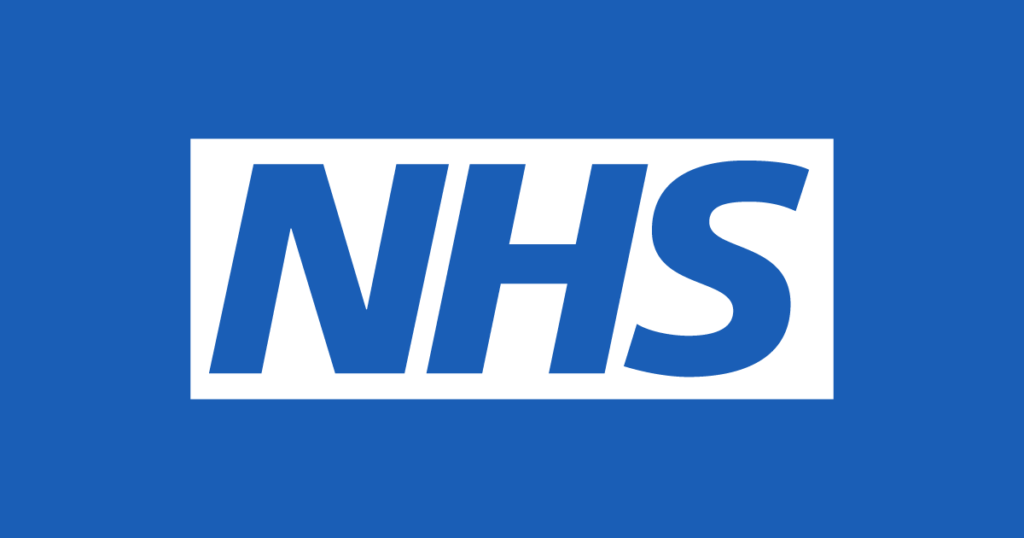Mental Health Awareness Week starts every year on the second Monday in May and this year the focus is on body image and its relationship to mental health.
Over a third of UK adults suffer from mental health problems and have felt anxious or depressed because of concerns about their body image. Eating disorders are often a direct response to how we are feeling about ourselves.
Dr Rakesh Sharma clinical lead at NHS East Lancashire and NHS Blackburn with Darwen Clinical Commissioning Groups (CCGs) said:
“Most people have concerns about body image and how they look, this is relatively common and is not a mental health problem in and of itself; however, it can be a risk factor for mental health problems. Teenagers and young people are now experiencing more pressure to look good and have issues with their body image than 30 years ago.
“The main reason for this is social media/advertising and how celebrities are portrayed.”
Steps we can take for ourselves and others:
- If your body image is a significant cause of stress, or if you’re being bullied about how your body looks, consider talking to a friend, a trusted adult or a health professional.
- Spring-clean your apps on your smartphone.
- Notice the people and accounts you’re following on social media and be mindful of how you feel about your own body and appearance when you look at them.
- If you see an advert in a magazine, on television or online that you think presents an unhealthy body image as aspirational, you can complain to the Advertising Standards Authority.
- At home, parents and carers can lead by example, by modelling positive behaviour around body image, eating healthily and staying active.
- In our daily lives, we can all be more aware of the ways in which we speak about our own and other people’s bodies in casual conversations with friends and family.
- Find the best way that works for you to stay active
Dr Sharma added:
“It is very important for parents and loved ones to look out for the signs and talk to their child about things which are of a concern to them and speak to a professional for help and advice sooner rather than later.”
“If your child is having problems at school, a teacher, school nurse, school counsellor or educational psychologist may be able to help.
“Otherwise, go to your GP or speak to a health visitor. These professionals are able to refer a child to further help.”
Child and Adolescent Mental Health Services (CAMHS) are a group of professionals from different organisations who work together to help children and young people with emotional or behavioural wellbeing difficulties. CAMHS can help a child or young person on a range of concerns such as anxiety, hearing voices, trouble sleeping and feeling sad and much more.
East Lancashire Child and Adolescent Service (ELCAS) is another specialist mental health service for children and young people up to the age of 16 years. ELCAS provides a number of different services such as Specialist outpatient service, Intensive support team and much more.
For more information please visit:
https://youngminds.org.uk/find-help/your-guide-to-support/guide-to-camhs/
https://www.elht.nhs.uk/services/east-lancashire-child-and-adolescent-services

